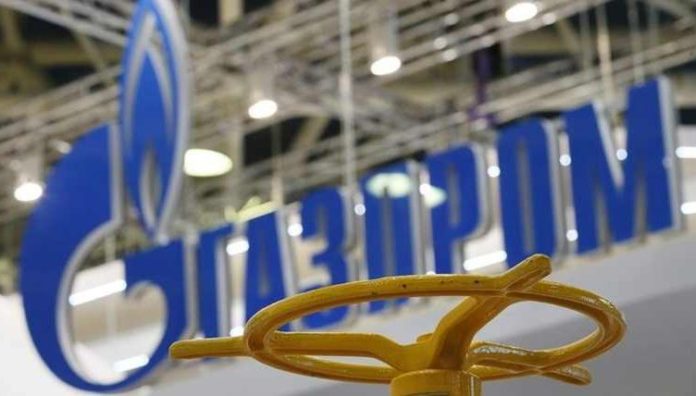The European policy of carbon neutrality will inevitably lead to a decline in direct supplies of Russian natural gas and affect derived revenues by 2050, according to Sergey Komlev, the department head of Gazprom Export, the export arm of Russia’s top gas producer Gazprom, in an interview with Gazprom’s in-house magazine, adding that Russia can maintain its export positions on the European market using ‘blue hydrogen’ supplies.
Europe is already on its way to meeting the declared goal of lowering its carbon footprint to zero by 2050. The interim aim of this program estimates a 55% reduction in emissions by 2030.
“Practically, achieving carbon neutrality means eliminating fuels that emit greenhouse gases,” Komlev explained.
“Abandoning the use of hydrocarbons as primary energy sources will inevitably affect the volumes of direct supplies of natural gas from Russia and, consequently, the amounts of export revenues from its sales,” he said, adding that Russia may compensate for the shortfall in natural gas supplies in part by producing hydrogen from it.
Komlev believes that the generation of ‘blue’ carbon-neutral hydrogen is currently feasible, with a prime cost of about $2 per kilogram.
“This will enable Russia to become the world’s top exporter of ‘blue’ hydrogen in the future, which will have a positive impact on the reputation of the gas sector, halt the process of devaluation of gas assets, and pave the way for responsible financing of projects in the field of decarbonized natural gas,” he said.
According to Energy Ministry forecasts, Russia may export up to 33.4 million tons of hydrogen worth $100.2 billion to foreign nations by 2050, accounting for up to 20% of the worldwide market.












